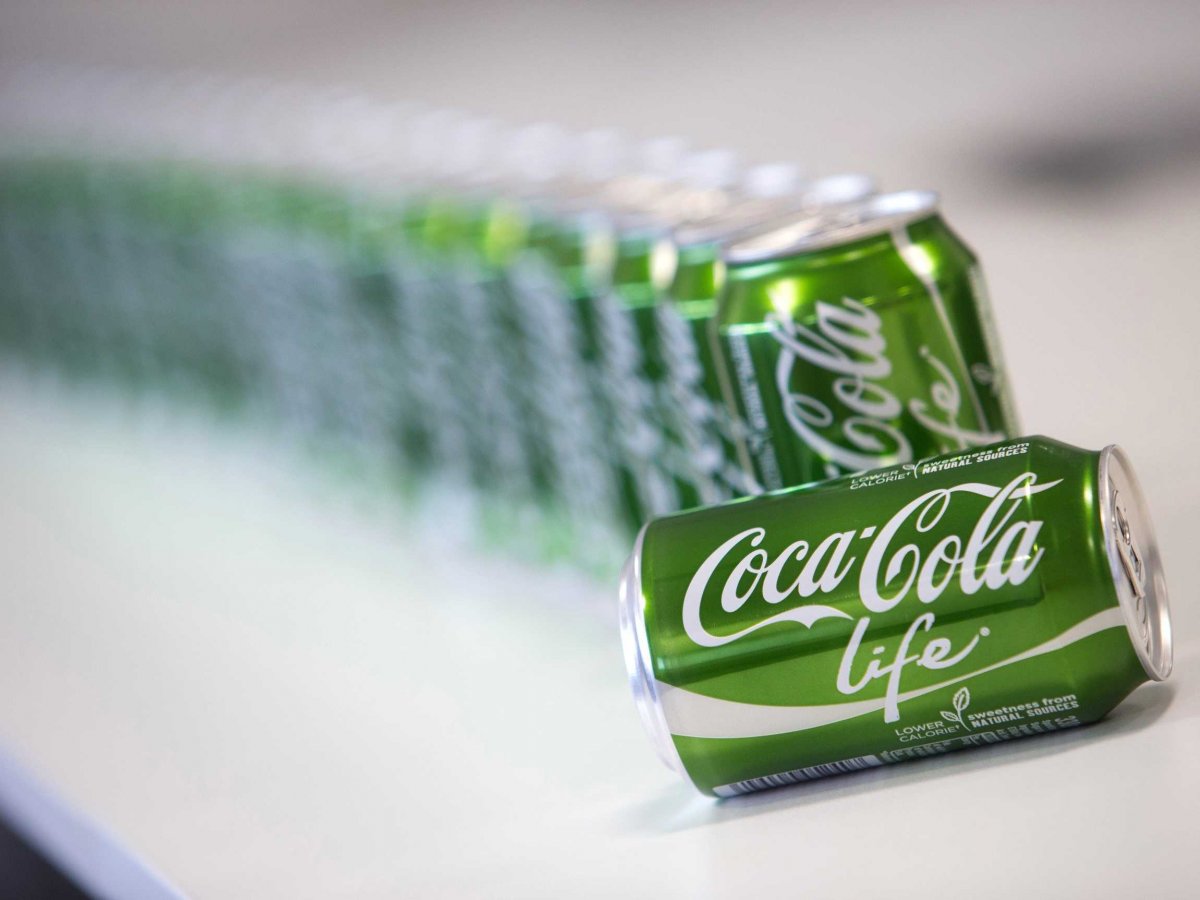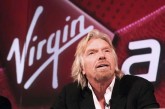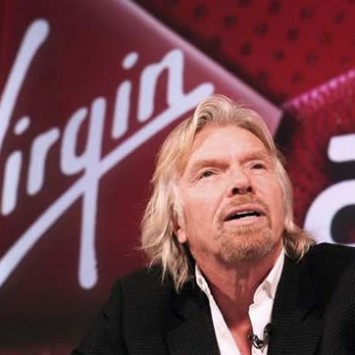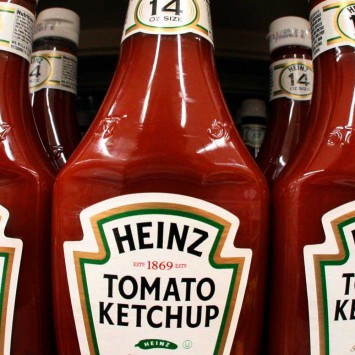Brand Rejuvenation : The Elusive Search to Reinvent Your Brand

When I started my marketing career I dreamt of the opportunity to work on storied brands like Coca-Cola, Pepsi, Nike, M&M’s, P&G.
I remember thinking “If only I could get that break…”
So it is with no small degree of sadness that I look at how far some of these storied, global behemoths seem to have fallen.
Coca-Cola
Despite a fairly steady showing on the stock market, scientific news this week that diet sodas are linked to widening, not shrinking, waistlines must be a tremendous blow to Atlanta’s hopes to turn around stagnant growth. Especially considering we all know full-sugar soda sales, like their famous red can, are in free-fall globally.
McDonalds
You can’t open any business press without more depressing news from the world’s largest QSR. Pundits lambast them for selling off the brand – Chipotle – that’s resoundingly stealing share from them and building rampant customer affection. Experts ask how repeated advertising efforts actually address more systemic operational issues in their stores.
These two are not alone.
Kodak. Blockbuster. Nokia. Kelloggs. GM.
All businesses relegated to the history books or suffering an inexorable fall from idol to has-been.
This is certainly not a knock on the legions of smart and passionately committed folk trying to turn around the fortunes of these beleaguered businesses.
Is There A Way Out?
Historically beleaguered local brands struck out for new shores and new markets with the enthusiasm of Mayflower zealots. Sadly, to paraphrase the classic quotation about Alexander the Great “when Alexander saw the breadth of his domain, he wept for there were no more worlds to conquer” Eastern Europe, China, South America, SEA and even my former continent, Africa are all pretty mature markets today. Sure they’ve not reached the penetration of Wal-Mart, Starbucks and Apple seen in North America and Western Europe but no one in those markets is collapsing in ecstasy over a pair of black market Levis. The potential for 20% annual net growth is not happening by finding untapped markets. There are none Dorothy.
The ever-opinionated Mark Ritson, in a great article for Branding Strategy Insider, suggests that an obsession with “focus” has hobbled these organizations. That by sticking obsessively to their core competencies and core product lines these organizations have created too narrow a lens to ever achieve real growth again.
I would agree.
There is a very fine tipping point at which brand equities become brand handcuffs. Building brand equities is a fine objective but when droves of marketing executives become so busy “protecting” what their brands mean today that they can no longer imagine what their brands could mean tomorrow, that spells trouble.
Could Purpose Be A Lens For Rejuvenation?
If you’ve read previous posts of mine, you know I’m a huge proponent of Purpose as a galvanizing idea to drive internal alignment and external growth. Unlike an organization’s Mission which typically articulates what currently drives a company forward – and can change as the marketplace does – Purpose is more like a north star or beacon that is unwavering.
Purpose is often a loftier goal. And it seldom (if ever) is attainable in the quarterly cycle so beloved of publicly traded firms.
In establishing a Purpose for your organization, you’re giving yourself the latitude to strive for a broader reason to exist than the value proposition you execute on currently.
Delivering on your Purpose, it has been argued, is what allowed Apple to pivot from being a niche player in the desktop computer business to being the most-admired organization on the planet in less than 20 years. From phones, to music, to TV and recently into fashion with Apple Watch, Purpose has given Apple the opportunity to escape the narrow confines of being an also-ran versus the PC to being on track to become the first trillion dollar business in history.
Evolving from a purely functional product differentiator (a quarter cup of moisturizer) to becoming the champion of a woman’s right to feel comfortable and beautiful in her own skin and not be manipulated by media stereotypes of beauty, Dove is another business that has shown the possibility that comes when you create an ideal behind a higher Purpose.
And it’s not just the Apple’s and Unilever’s who’ve found Purpose as a driver for business success.
Media maven Tyler Brûlé, currently founder/editor-in-chief of wildly successful Monocle, is another example. Unencumbered by traditional notions of what a high-end magazine for the jet setting lifestyle should be, Brûlé has launched a radio station, a number of high-end café’s and is embarking on a print-on-demand concept store in London. By using Purpose as a guide, he’s been able to create a richer set of business opportunities than ever before.
It would be insane to suggest Purpose is a magic wand. One wave and Poof, your problems disappear.
Equally insane to suggest any of the fine folks in these beleaguered organizations are just sitting around rearranging deck chairs on the Titanic.
What is clear is that more polishing around the edges and being shackled by former glories and equities, is not the answer.
Perhaps its time to re-find that north star.
Where would you start to rejuvenate these brands?














